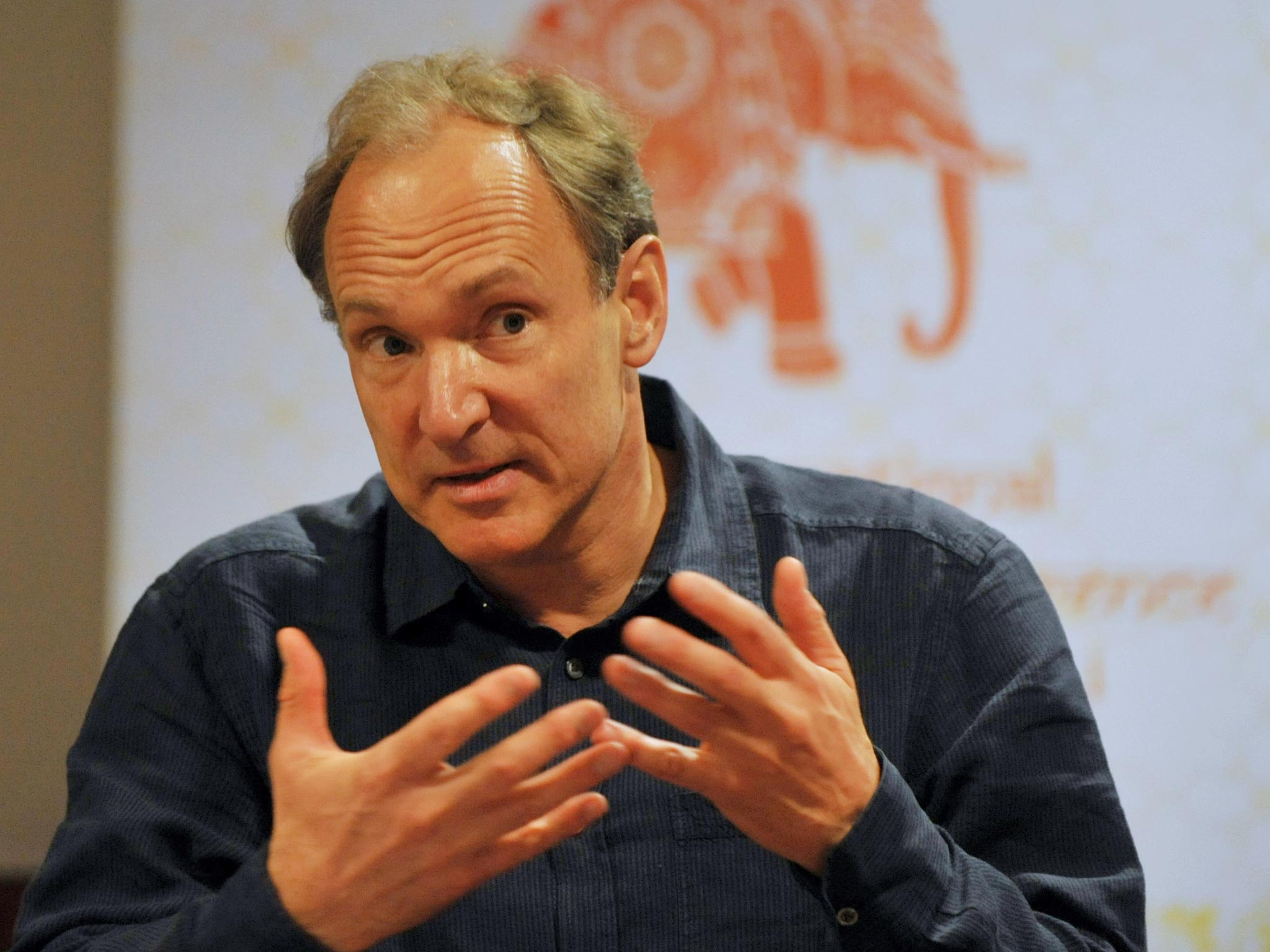Unholier than thou: BBC denies atheist traditional slot on Thought for the Day
Atheist minister says he had been invited by the founder of the worldwide web Sir Tim to present but had been blocked by BBC senior management

Your support helps us to tell the story
From reproductive rights to climate change to Big Tech, The Independent is on the ground when the story is developing. Whether it's investigating the financials of Elon Musk's pro-Trump PAC or producing our latest documentary, 'The A Word', which shines a light on the American women fighting for reproductive rights, we know how important it is to parse out the facts from the messaging.
At such a critical moment in US history, we need reporters on the ground. Your donation allows us to keep sending journalists to speak to both sides of the story.
The Independent is trusted by Americans across the entire political spectrum. And unlike many other quality news outlets, we choose not to lock Americans out of our reporting and analysis with paywalls. We believe quality journalism should be available to everyone, paid for by those who can afford it.
Your support makes all the difference.The BBC broke with tradition yesterday by allowing an atheist to present an alternative ‘Thought for the Day’ on the Radio 4 Today programme at the behest of guest editor Sir Tim Berners-Lee.
But the broadcaster denied atheist minister Reverend Andy Pakula the opportunity to speak in the usual “God slot” at 7.50am, and put him on air an hour earlier.
Reverend Jim Corrigall, from Suffolk, gave a second message at the traditional point in the programme schedule. Both ministers, like Sir Tim, are members of the diverse Unitarian Church, which includes members of various religions and “non-theists” such as Rev Pakula.
The atheist minister told The Independent that he had been invited by the founder of the world wide web to present the main Thought for the Day but had been blocked by BBC management. “It’s almost as if they are afraid that if they let me do it, they will have to let [Richard] Dawkins do it,” he said.
The BBC has come under repeated pressure to allow non-believers to contribute to Thought for the Day, which was introduced in 1970.
Introducing Rev Pakula, Today presenter Mishal Husain told Boxing Day listeners: “One of the contributions Sir Tim Berners-Lee wanted to make to this programme was to have an atheist deliver Thought for the Day, something that was not possible because it is part of the BBC’s religious programming and is a reflection by speakers from the perspective of their faith. However, we do have an alternative Thought for the Day this morning.”
In his address, Rev Pakula said: “As an atheist, I don’t believe that there is an omnipotent other who will intervene in earthly life to save us from natural dangers or to save us from our own worst impulses.” But he also expressed the view that there was nothing contradictory in being an atheist and celebrating Christmas, telling the audience that his London congregation had held a Christmas Eve service and sung carols. “While I don’t literally believe the stories underlying Christmas, I do very much believe in its most important messages,” he said.
In discussion with Ms Husain afterwards, the atheist minister took the opportunity to question the BBC’s procedures on Thought for the Day as he suggested that the meaning of “terms such as religion and faith” were increasingly unclear. “The BBC talks about not allowing people of ‘no faith’ to present Thought for the Day, well, what does ‘no faith’ mean? Here I am, I’m a Minister of Religion, leading a congregation talking about peace and love and I’m considered a person of no faith because I say I’m an atheist,” he said.
Following previous debate over the slot, the BBC’s head of religion and ethics Aaqil Ahmed held a review but concluded in September that Today should “continue as was”. He said: “It is a specific slot within the Today programme which is a reflection from a religious perspective on stories of importance in the news.”
Profile: Reverend Andy Pakula
Brought up in a “liberal and rather secular” Jewish family in New York, Pakula is minister of the New Unity church in north London. A “spiritual community”, it states: “New Unity is atheist-led and inclusive of all.” He holds a doctorate in biology and an MBA, both from Massachusetts Institute of Technology, and had a previous career in biotechnology. As a young man he was “vehemently atheistic and anti-religious” but later found himself drawn to the “freedom of belief and commitment to the sacredness of life” he found in the Unitarian Church. Pakula is “still a non-theist and, in many ways, I am still anti-religious; at least I am ‘anti’ the kind of religion that promotes ‘us versus them’ thinking.”
Ian Burrell
Join our commenting forum
Join thought-provoking conversations, follow other Independent readers and see their replies
Comments